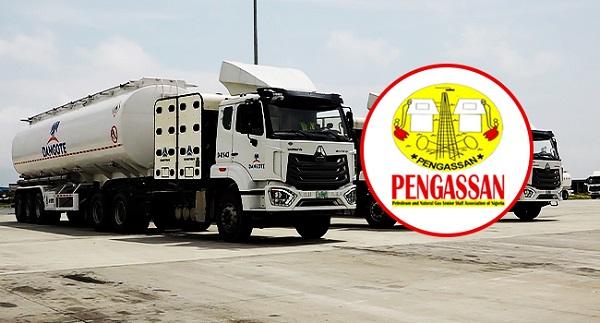
Minister of Aviation, Osita Chidoka
Aviation industry experts have said about $50 billion investment was needed to grow the aviation industry to a level it would galvanise the economy, contribute about 15 per cent to the Gross Domestic Product (GDP) and develop into a hub.
These experts posited that Nigeria’s aviation sector is way backwards considering its market possibilities and the fact that it has potential investors that could deploy funds if the right policies and positive government disposition are in place.
They noted that there is no money in aviation, which is capital intensive and drives the economy of nations. According to them, for any nation to develop the aviation industry to drive its economy, it must have to invest hugely in the sector.
They identified two factors that can boost air transport in the country. The first, according to them, is making Nigeria a hub and the second is matching the high passenger traffic with high cargo export.
To them, for Nigeria to operate as a hub, it must have maintenance facility, easy and efficient source of fuel supply and viable airlines with high capacity in addition to modern airport facilities with transit lodges and other necessary infrastructure.
The huge fund needed from government, they further stated, would rebuild the existing pipelines from Atlas Cove to the hydrants at the Murtala Muhhamed International Airport, Lagos, so that fuel supply would no more be supplied through trucking with its attendant drudgery and hiccups.
Government would have to dedicate Warri refinery to aviation fuel refining so that airlines operating into the country would have to buy cheap fuel and pay low overflying charges, they further noted.
These experts stated that the mechanism is that international carriers would airlift passengers destined to Nigeria and other West Coast destinations and Nigerian airlines would have to distribute them to Sierra Leone, Ghana, Liberia, Togo, Benin and other destination in West and Central Africa.
"So, Nigeria must have large, reliable airlines which although would be set up by the private sector but would be assisted by government by facilitating single digit credit facility, downward review of charges and waiver of other charges like VAT", they further posited.
"Then Nigeria will have to develop its agriculture produce by growing cash crops and establishing fresh cargo terminals with cold rooms where such produce could be stored before export.
A senior official from the Nigerian Civil Aviation Authority (NCAA) said that if government invests in providing the infrastructure for fresh cargo produce, then work with farmers to develop cash crops for export, the country would have a solid foundation for foreign exchange earnings from the aviation sector.
“For Nigeria to be a West African hub we need constant supply of electricity; then we need to develop cash crops and provide the needed infrastructure at the airports. Countries like Ghana, Ethiopia, Kenya and Zimbabwe export farm produce. Away from oil, this would be a reliable source of foreign exchange. We have the potential to grow variety of crops needed for export in addition to cocoa, groundnut and other existing export products, but there would be zero charges to encourage the farmers and the industry”, the official, who pleaded anonymity, said.
Executive Chairman of Airline Operators of Nigeria (AON), Captain Nogie Meggison had said Nigeria is very behind in aviation development and would need huge injection of funds to develop and modernise the sector.
“The World Bank has put capital flight in aviation out of Africa at $10 billion. Nigeria accounts for about 60 per cent of these losses. What are we doing to restrain or keep those monies in our country and create jobs? I believe that aviation if taken seriously can be the number three contributor into our economy after oil and agriculture,” Meggison said.






















